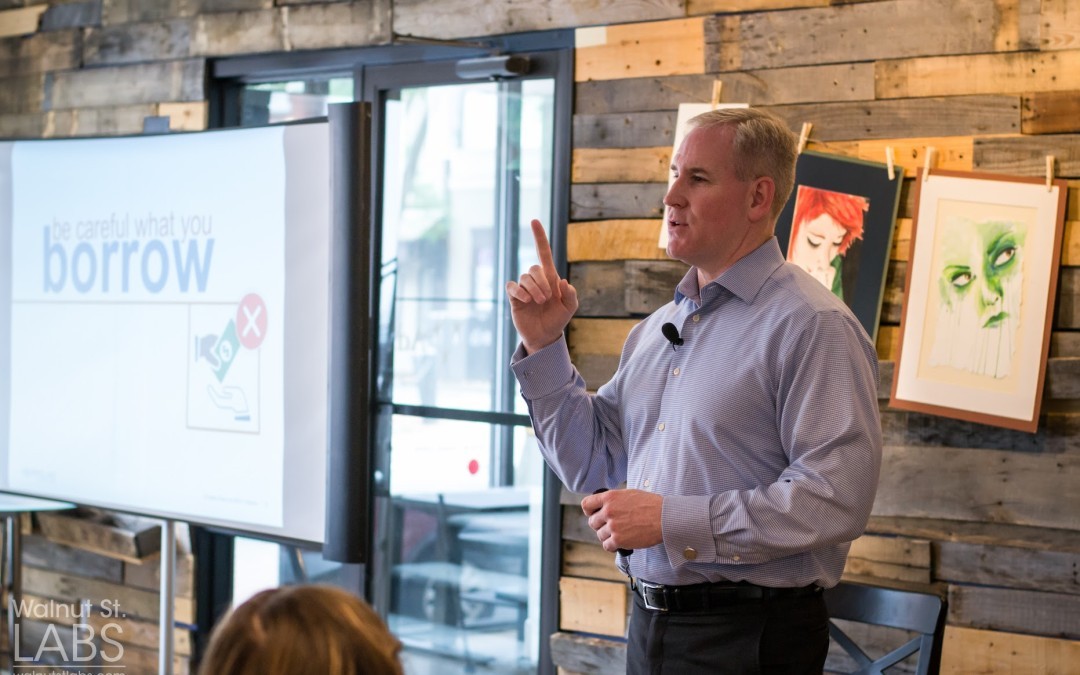The plan was to go public, but a private equity firm made a deal that was too good to pass up.
That’s how iPipeline chairman (and NewSpring Capital general partner) Michael DiPiano explained iPipeline’s recent sale to Thoma Bravo, a private equity firm with offices in San Francisco and Chicago. Terms of the deal were not disclosed. (A 2014 Bloomberg News story valued iPipeline at $500 million.)
iPipeline, an insurance software firm founded in 1995, was owned by Radnor-based NewSpring Capital, Boston-based Volition Capital and Palo Alto-based Technology Crossover Ventures, which invested $71.4 million in 2012 — a monster raise by Philly standards.
NewSpring was not the majority stakeholder on its own but three investors together owned the majority of the company, DiPiano said. iPipeline founder Cary Toner sold the company in 2008 (though he remained a shareholder) and that’s when DiPiano became chairman. Toner now runs Center City “PayPal for the insurance industry” BenefitVault.
The company is headquartered in Exton, Pa., where about two-thirds of its roughly 500 employees are based. (That’s up from the 100 it employed in 2013.) It also has an office in Center City. DiPiano said, according to his understanding, employees would remain in the area. He added that he expected the company to grow in the coming years.
DiPiano said the company’s owners had planned to take the company public shortly after Labor Day. As they worked toward that, they alerted a group of acquirers who had asked that they be notified if the company was going to go public. Both private equity firms and corporations bid on iPipeline, he said.
Listening to Bill Atlee at @walnutstlabs: Lessons for #startups based on @iPipeline's successful #disruption story. pic.twitter.com/BSwr5hbfVL
— Patrick (@patrickmi) May 19, 2015
When asked about his decision to sell versus going public, DiPiano said that “it’s simply a tradeoff between the current price and the projected price after an IPO.”
If the company were to go public, it would take longer, potentially four to five years, for shareholders to sell their shares versus if they exited. So, DiPiano said, the owners asked themselves: “How much risk is there in the future versus a bird in the hand today?” The biggest question was around how the stock market would behave four to five years from now, knowing that interest rates were like to rise, he said.
The owners decided that the bird in the hand today was big enough.
iPipeline raised $18 million from NewSpring and Fidelity Ventures in 2008 and later raised $15 million in 2013 from the same investors.
In the last few years, iPipeline has acquired other firms, like AgencyWorks, XRAE and competitor Aplifi in 2013. It was also in talks to buy Radnor-based Health Benefits Direct (now InsPro) in 2009 but the deal fell through, according to SEC documents.
Watch Chief Strategy Officer Bill Atlee talk at Walnut St. Labs below.
Before you go...
To keep our site paywall-free, we’re launching a campaign to raise $25,000 by the end of the year. We believe information about entrepreneurs and tech should be accessible to everyone and your support helps make that happen, because journalism costs money.
Can we count on you? Your contribution to the Technical.ly Journalism Fund is tax-deductible.
Join our growing Slack community
Join 5,000 tech professionals and entrepreneurs in our community Slack today!

The looming TikTok ban doesn’t strike financial fear into the hearts of creators — it’s community they’re worried about

Philly teachers are prioritizing computer science, but they need more staff to keep it up

Unlocking the US healthcare market: What global startups need to know


